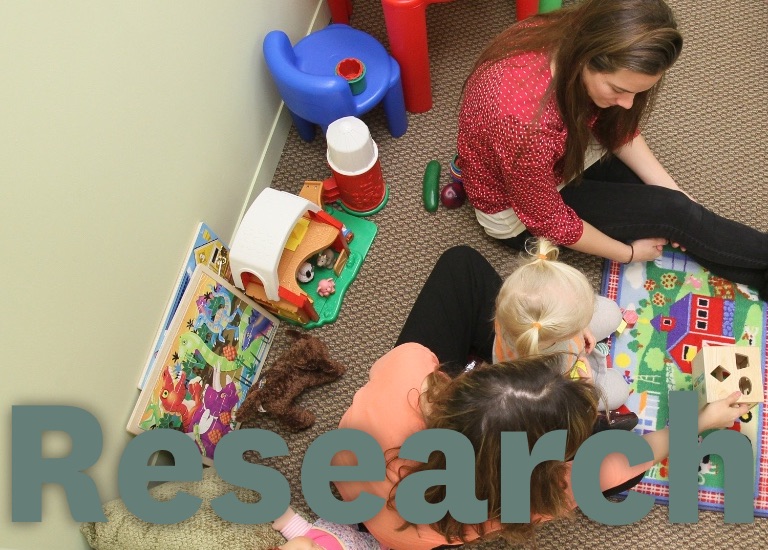Transforming Research: Understanding Sensory Experiences in ASD, Stakeholders Working Together — TRUST
SIEFL Core ⟩ Boundary Crossings Lab ⟩
Project Director: Mary Lawlor ScD, OTR/L, FAOTA
Project Collaborators: 5-Eleven Hoops; Autism Speaks; Harbor Regional Center and the Sensory Processing and Autism Network (SPAN)
Period
Jan 2020 – Jan 2022
Total funding
$243,581
Background
Many in the research community do not understand the problems facing individuals with autism spectrum disorder (ASD) across the lifespan, particularly related to sensory processing. Academics may not know what questions to ask or problems to solve without input from the community. Most individuals with ASD experience sensory processing challenges. Surprisingly, limited attention has been given to ways in which sensory processing challenges interrelate with other factors (e.g., mental health, cognition, behavior) and affect people’s development, daily life, outcomes, and social participation. Pressing knowledge gaps remain including the emic perspectives of autistic people themselves who live with and arguably have the most experience-near understanding of real-life developmental challenges.
Proposed Solution to the Problem
TRUST will establish a sustainable, impactful, and replicable alliance of four stakeholder groups (i.e., family members and caregivers, self-advocates, clinicians and providers, and researchers) to promote innovative and optimally effective approaches to addressing sensory processing challenges; improve outcomes for phenotypically diverse children, adolescents, young adults, and adults (ChAYA) with ASD; and inform PCOR/CER. This collective of multiple perspectives will appraise the salience of sensory processing issues for this population, establish research priorities, heighten stakeholder engagement, foster trust through the implementation of narrative-based strategies, and evaluate and expand currently available tools to support engagement in PCOR/CER.
Objectives
- Establish a diverse alliance comprised of self-advocates, family members and caregivers, clinicians and providers, researchers, and community partners
- Determine research priorities, produce resources, and distribute recommendations
- Develop a plan for sustainability and examine long-term impact
Activities
- Convene steering committee and stakeholder group meetings for each category
- Co-develop web-based resources on the impact of sensory challenges on daily life and narrative-based engagement tools
- Appraise processes of engagement, outcomes, replicability, and sustainability of TRUST
- Convene a national conference (in-person, virtual, or hybrid format, as required)
Projected Outcomes and Outputs
Engagement tools such as the synthesis of literature and publicly available resources related to sensory challenges, facilitators and barriers to research engagement, consolidated list of research priorities, and national conference program will be delivered after systematic vetting and validation by the steering committee, project team, and outside agencies. The project team will track the uptake and use of project deliverables.
Patient and Stakeholder Engagement Plan
Stakeholders have been and will be involved in all phases of the project. The team will build on existing relationships with self-advocates, families, researchers, clinicians, and community partners and will maximize diversity in the groups. The team’s approach will foster opportunities for stakeholders to learn from each other, and the team will draw on narrative strategies to gather stories about how and what people learned and how, and whether it shaped or shifted their sense of trust, resulting in a specific change to their beliefs or practices.
Project Collaborators
The community partners are: 5-Eleven Hoops, Autism Speaks, Harbor Regional Center, and the Sensory Processing and Autism Network (SPAN).
Funding
| Type | Source | Amount | Period |
|---|---|---|---|
| Private | Patient-Centered Outcomes Institute | $243,581 | Jan 2020 – Jan 2022 |





